Giving a clear warning to the schools across the nation that the collection of capitation fees is not permissible, the Delhi High Court on Tuesday allowed category based admissions in nursery to continue.
Giving a clear warning to the schools across the nation that the collection of capitation fees is not permissible, the Delhi High Court on Tuesday allowed category based admissions in nursery to continue.
Accepting the Centre’s stand that nursery is not covered by the Right to Education (RTE) Act, the High Court has held, “There is no escape from the conclusion that as far as the private unaided schools are concerned, the provisions of the Act, except the admission to the extent of 25 per cent of the strength of the class, to the children belonging to the weaker sections and disadvantaged group, do not apply to the admissions made to the pre-elementary (preschool and pre-primary) classes of such schools.”
Thus private unaided schools will continue to have the autonomy to admit children based on categories such as alumni and sibling in nursery.
However, the court in its judgment has observed that, “During the course of arguments, we were informed that charging capitation fee is prohibited not only in Right to Education Act, 2009, but also in Delhi School Education Act and the rules framed thereunder. Therefore, it cannot be said that if the RTE Act does not apply to the 75 per cent of the admissions made by private unaided schools to pre-elementary classes, they can charge capitation fee for such admissions.”
Making a second reference to the commercialization of education, the High Court observed that “It is common knowledge that though the there is obligation on the State to provide free and compulsory education to children and the corresponding responsibility of the institution to afford the same, educational institution cannot be allowed to run as ‘Teaching Shops’ as the same would be detrimental to equal opportunity to children. This reality must not be ignored by the State while considering the observations made in this judgment”
In conclusion, the court observed, “Though we have held that Right to Education Act is not applicable to nursery schools, in our opinion there cannot be any difference in yardstick to be adopted for education to children up to the age of 14 years irrespective of the fact that it applies to only elementary education. It is the right time for the Government to consider the applicability of Right to
Education Act to the nursery classes as well, as in many of the States admissions are made right from the nursery classes and the children so admitted are automatically allowed to continue from Class-I.”
The High Court passed its judgment on a petition by NGO Social Jurist which had challenged the notifications by the Centre and the Delhi Government issued in 2010 that allowed private unaided schools to formulate their own criteria for nursery admissions. The petition had argued that the resulting admission process adopted by private unaided schools – the category-based admission – amounts to discrimination between children and is a violation of the RTE Act.
Reacting to the judgment, Ashok Agarwal, representing NGO Social Jurist said, “I have no doubt that all children from 0-14 are covered under the Right to Education Act. This part of the judgment I don’t agree with. We will move to the Supreme Court. Perhaps, by first week of March.”
RTE Forum expressed disappointment over the Delhi High Court ruling in relation to criteria for nursery admissions. The ruling is a dilution of constitutional right to education of children under six and is against the spirit of the Article 21 (A) and Article 45 of the constitution.
Ambarish Rai, Convenor, RTE Forum said that civil society has been demanding the right to education for children under six years of age children from a long time. In the present RTE Act, section 11 has advised the state governments to make necessary arrangements for pre-schooling of children in the age group of 3-6 years through which the level of discrimination could have been addressed.
"As a civil society we will move a petition in Supreme Court for interpretation of the Act as it may lead to serious implication to admissions of 25% children under EWS quota in private unaided schools and towards ensuring protection of the rights of children under six”, Rai said.
![submenu-img]() US proposes to ban Chinese software after President Biden and PM Modi's summit
US proposes to ban Chinese software after President Biden and PM Modi's summit![submenu-img]() 'Humanity's success lies in collective strength, not on...': PM Modi's strong message at UN Summit
'Humanity's success lies in collective strength, not on...': PM Modi's strong message at UN Summit![submenu-img]() Nita Ambani, Anant Ambani seen singing along in Lucky Ali concert, pics surface
Nita Ambani, Anant Ambani seen singing along in Lucky Ali concert, pics surface![submenu-img]() Ashraf cuts Mahalaxmi into 30 pieces: Truth behind horrifying Bengaluru incident out
Ashraf cuts Mahalaxmi into 30 pieces: Truth behind horrifying Bengaluru incident out![submenu-img]() This actress named first female superstar of Bollywood, husband won’t allow biopic on her, remake found her glory
This actress named first female superstar of Bollywood, husband won’t allow biopic on her, remake found her glory![submenu-img]() बेंगलुरु महिला हत्याकांड में पुलिस को मिला बड़ा सुराग, 30 टुकड़ों में काटकर फ्रिज में रखा था शव
बेंगलुरु महिला हत्याकांड में पुलिस को मिला बड़ा सुराग, 30 टुकड़ों में काटकर फ्रिज में रखा था शव![submenu-img]() Mpox के खतरनाक वेरिएंट की भारत में एंट्री, केरल में मिला पहला केस, WHO ने घोषित थी की इमरजेंसी
Mpox के खतरनाक वेरिएंट की भारत में एंट्री, केरल में मिला पहला केस, WHO ने घोषित थी की इमरजेंसी ![submenu-img]() मरा समझ पोस्टमार्टम कर रहे थे डॉक्टर, अचानक उठ खड़ा हुआ शख्स, बोला- अभी मैं जिंदा हूं...
मरा समझ पोस्टमार्टम कर रहे थे डॉक्टर, अचानक उठ खड़ा हुआ शख्स, बोला- अभी मैं जिंदा हूं...![submenu-img]() बदलापुर रेपकांड के आरोपी अक्षय शिंदे की मौत, पुलिस की रिवॉल्वर छीनकर की थी फायरिंग
बदलापुर रेपकांड के आरोपी अक्षय शिंदे की मौत, पुलिस की रिवॉल्वर छीनकर की थी फायरिंग![submenu-img]() Israel ने Hezbollah के ठिकानों पर की एयरस्ट्राइक, 100 की मौत और 400 के घायल होने का अनुमान
Israel ने Hezbollah के ठिकानों पर की एयरस्ट्राइक, 100 की मौत और 400 के घायल होने का अनुमान ![submenu-img]() Ford to return to India after 2 years with reopening of....
Ford to return to India after 2 years with reopening of....![submenu-img]() Maruti Suzuki launches new Swift CNG, check price, mileage, other features
Maruti Suzuki launches new Swift CNG, check price, mileage, other features![submenu-img]() ‘30 LPA, 3BHK, no in-laws’: Woman earning Rs 1.32 lakh salary lists demands for future husband, netizens say...
‘30 LPA, 3BHK, no in-laws’: Woman earning Rs 1.32 lakh salary lists demands for future husband, netizens say...![submenu-img]() In a big EV push, Centre launches Rs 10900 crore PM E-Drive scheme to replace…
In a big EV push, Centre launches Rs 10900 crore PM E-Drive scheme to replace…![submenu-img]() World’s longest car has helipad, swimming pool, mini-golf course, can seat over…; it cost…
World’s longest car has helipad, swimming pool, mini-golf course, can seat over…; it cost…![submenu-img]() Meet woman, IIT graduate, who left bank job to become state topper in UPSC, now working as...
Meet woman, IIT graduate, who left bank job to become state topper in UPSC, now working as...![submenu-img]() Meet IPS officer, who has resigned after 10 yrs of service to work in...
Meet IPS officer, who has resigned after 10 yrs of service to work in...![submenu-img]() Meet IAS officer Tina Dabi, Ria Dabi’s mother, who cleared UPSC, became IES officer, later resigned due to...
Meet IAS officer Tina Dabi, Ria Dabi’s mother, who cleared UPSC, became IES officer, later resigned due to...![submenu-img]() Meet man, who cleared JEE twice but left IIT, cracked UPSC exam with AIR 38, resigned as IAS officer to become…
Meet man, who cleared JEE twice but left IIT, cracked UPSC exam with AIR 38, resigned as IAS officer to become…![submenu-img]() IAS officer Tina Dabi’s schedule shows she studied 11-hour a day; check UPSC topper's marksheet and time table
IAS officer Tina Dabi’s schedule shows she studied 11-hour a day; check UPSC topper's marksheet and time table![submenu-img]() Congress President Kharge Slams & Opposes 'One Nation, One Election' Proposal, Calls It Impractical
Congress President Kharge Slams & Opposes 'One Nation, One Election' Proposal, Calls It Impractical![submenu-img]() Why 'One Nation One Election' Is important? Ashwini Vaishnaw Explains After It Gets Cabinet Approval
Why 'One Nation One Election' Is important? Ashwini Vaishnaw Explains After It Gets Cabinet Approval![submenu-img]() Jammu Kashmir Assembly Election 2024 Phase 1 Highlights: What Happened In First phase In J&K Polls?
Jammu Kashmir Assembly Election 2024 Phase 1 Highlights: What Happened In First phase In J&K Polls?![submenu-img]() One Nation One Election: Centre Clears Proposal, Bill To Be Introduced In Winter Session | Modi 3.0
One Nation One Election: Centre Clears Proposal, Bill To Be Introduced In Winter Session | Modi 3.0![submenu-img]() Haryana Elections 2024: Is BJP Set To Lose In Haryana? Anti-Incumbency And Other Factors Analysed
Haryana Elections 2024: Is BJP Set To Lose In Haryana? Anti-Incumbency And Other Factors Analysed![submenu-img]() After becoming debt-free, Anil Ambani's company approves Rs 1525 crore plan for...
After becoming debt-free, Anil Ambani's company approves Rs 1525 crore plan for...![submenu-img]() Mukesh Ambani's Reliance teams up with govt company for India's biggest...
Mukesh Ambani's Reliance teams up with govt company for India's biggest...![submenu-img]() Meet man, one of youngest Indian CEOs, has net worth of Rs 4300 crore, runs company worth Rs...
Meet man, one of youngest Indian CEOs, has net worth of Rs 4300 crore, runs company worth Rs...![submenu-img]() Harnessing Predictive Analytics to Transform Credit Risk Assessment: Insights from Saugat Nayak
Harnessing Predictive Analytics to Transform Credit Risk Assessment: Insights from Saugat Nayak![submenu-img]() Sebi imposes Rs 10000000 fine on Anil Ambani's son Anmol Ambani for...
Sebi imposes Rs 10000000 fine on Anil Ambani's son Anmol Ambani for...![submenu-img]() Top sports bikes to buy under Rs 3 lakh: Check prices, features and more
Top sports bikes to buy under Rs 3 lakh: Check prices, features and more![submenu-img]() How was universe created as per Hinduism?
How was universe created as per Hinduism?![submenu-img]() Ananya Panday poses with Orry, Faye D'Souza in BTS pics from Call Me Bae; Vir Das, Varun Sood also make appearance
Ananya Panday poses with Orry, Faye D'Souza in BTS pics from Call Me Bae; Vir Das, Varun Sood also make appearance![submenu-img]() 5 most reliable electric cars in the world
5 most reliable electric cars in the world![submenu-img]() 7 most expensive paintings in the world, Mona Lisa not in list
7 most expensive paintings in the world, Mona Lisa not in list![submenu-img]() 'Humanity's success lies in collective strength, not on...': PM Modi's strong message at UN Summit
'Humanity's success lies in collective strength, not on...': PM Modi's strong message at UN Summit![submenu-img]() Ashraf cuts Mahalaxmi into 30 pieces: Truth behind horrifying Bengaluru incident out
Ashraf cuts Mahalaxmi into 30 pieces: Truth behind horrifying Bengaluru incident out![submenu-img]() Amid Tirupati laddu row, this temple in UP bans 'prasad' from market for offering
Amid Tirupati laddu row, this temple in UP bans 'prasad' from market for offering![submenu-img]() Badlapur school sexual assault case: Accused fires at cop with police revolver, killed in retaliatory firing
Badlapur school sexual assault case: Accused fires at cop with police revolver, killed in retaliatory firing![submenu-img]() The Impact of Machine Learning on Microservice Architecture: Praveen Kumar Thopalle’s Perspective
The Impact of Machine Learning on Microservice Architecture: Praveen Kumar Thopalle’s Perspective
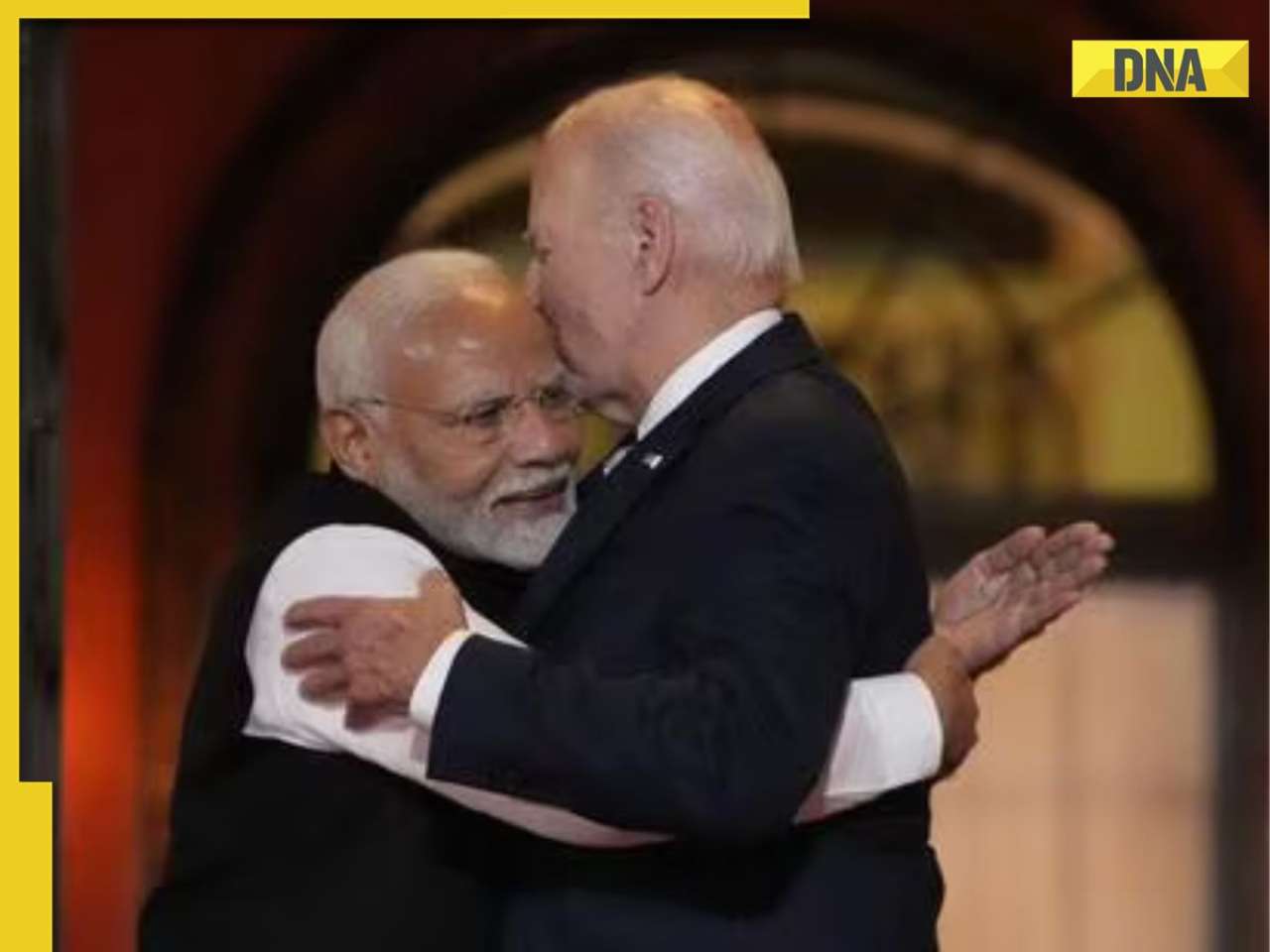
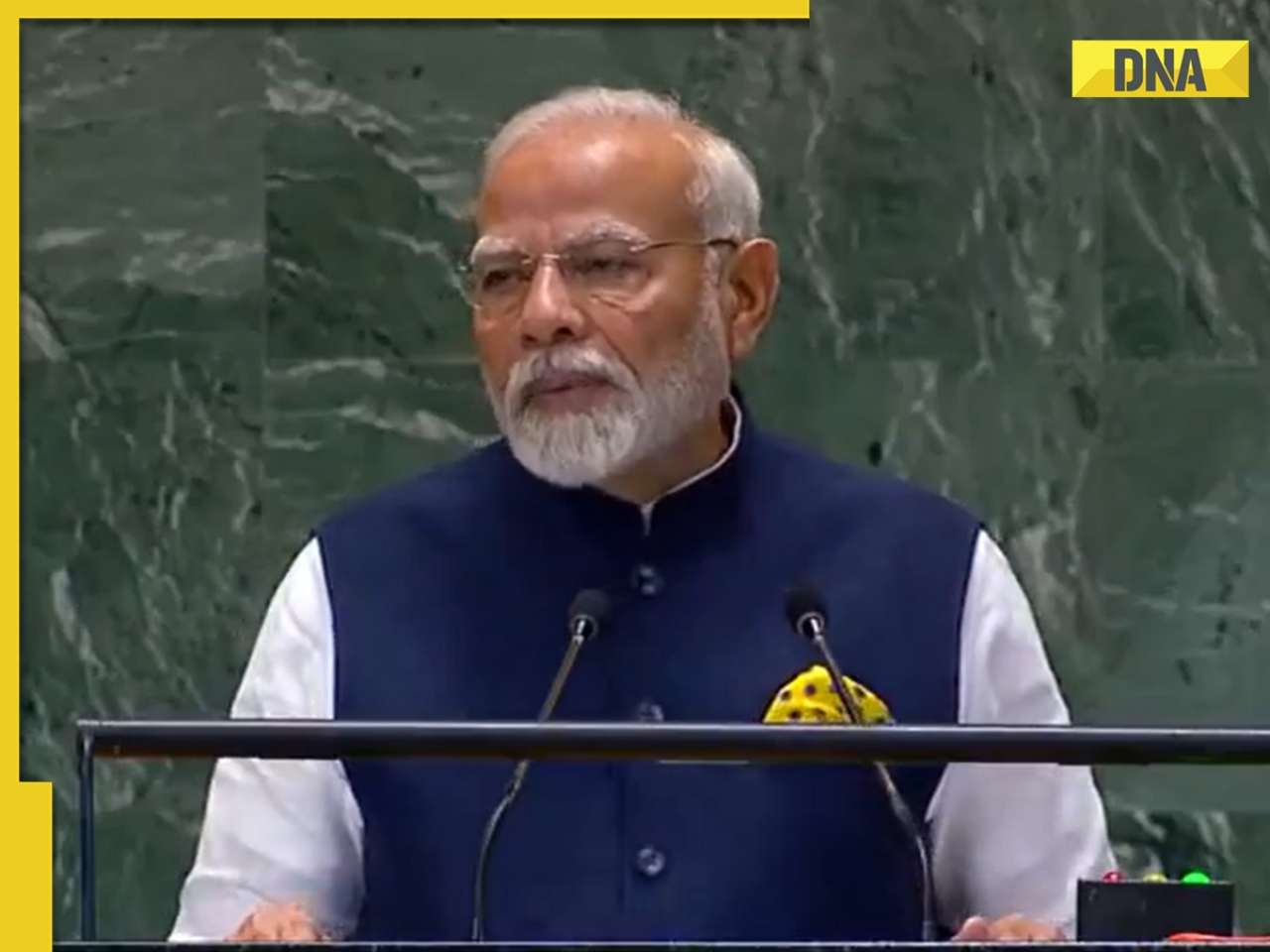
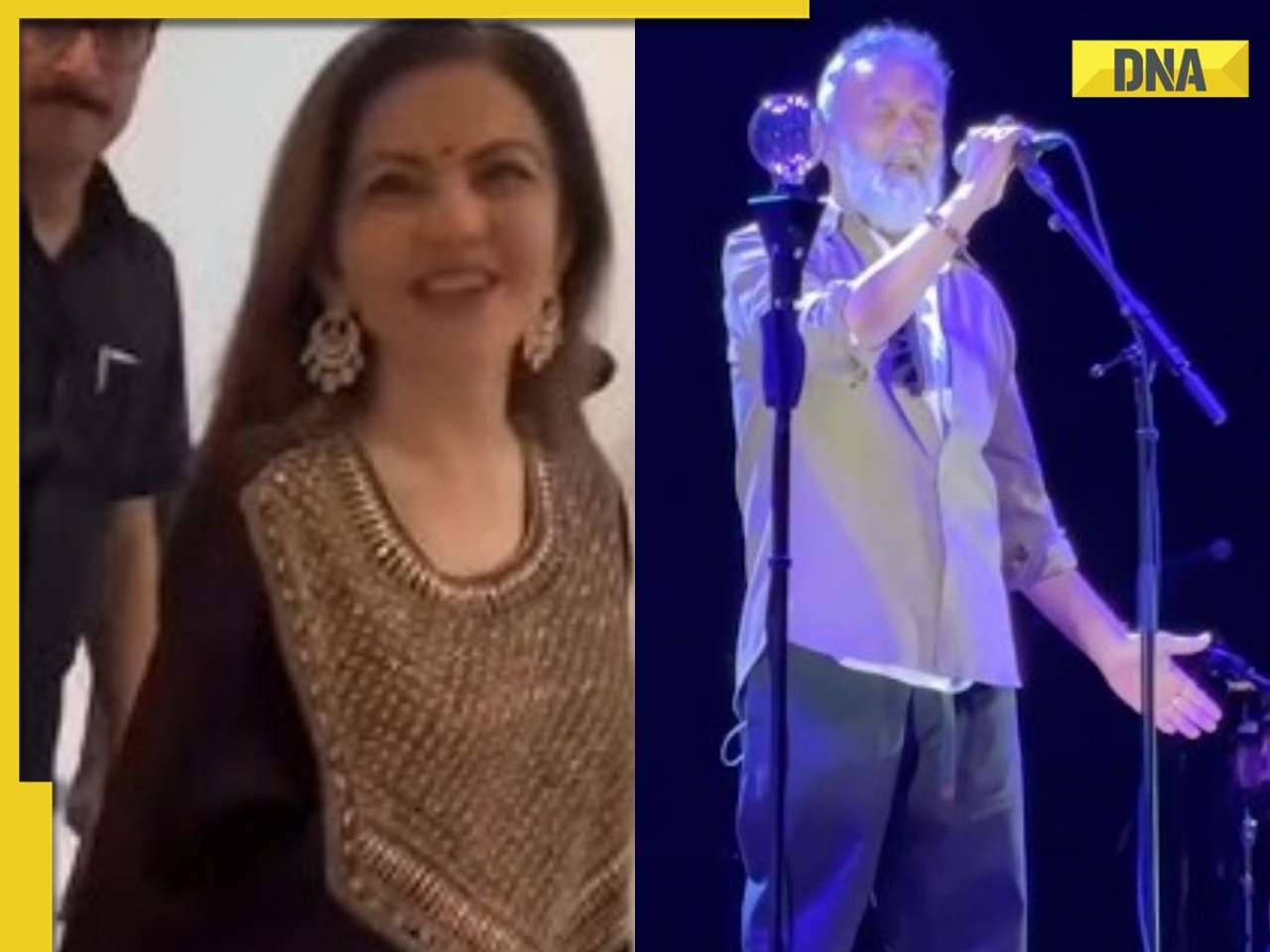
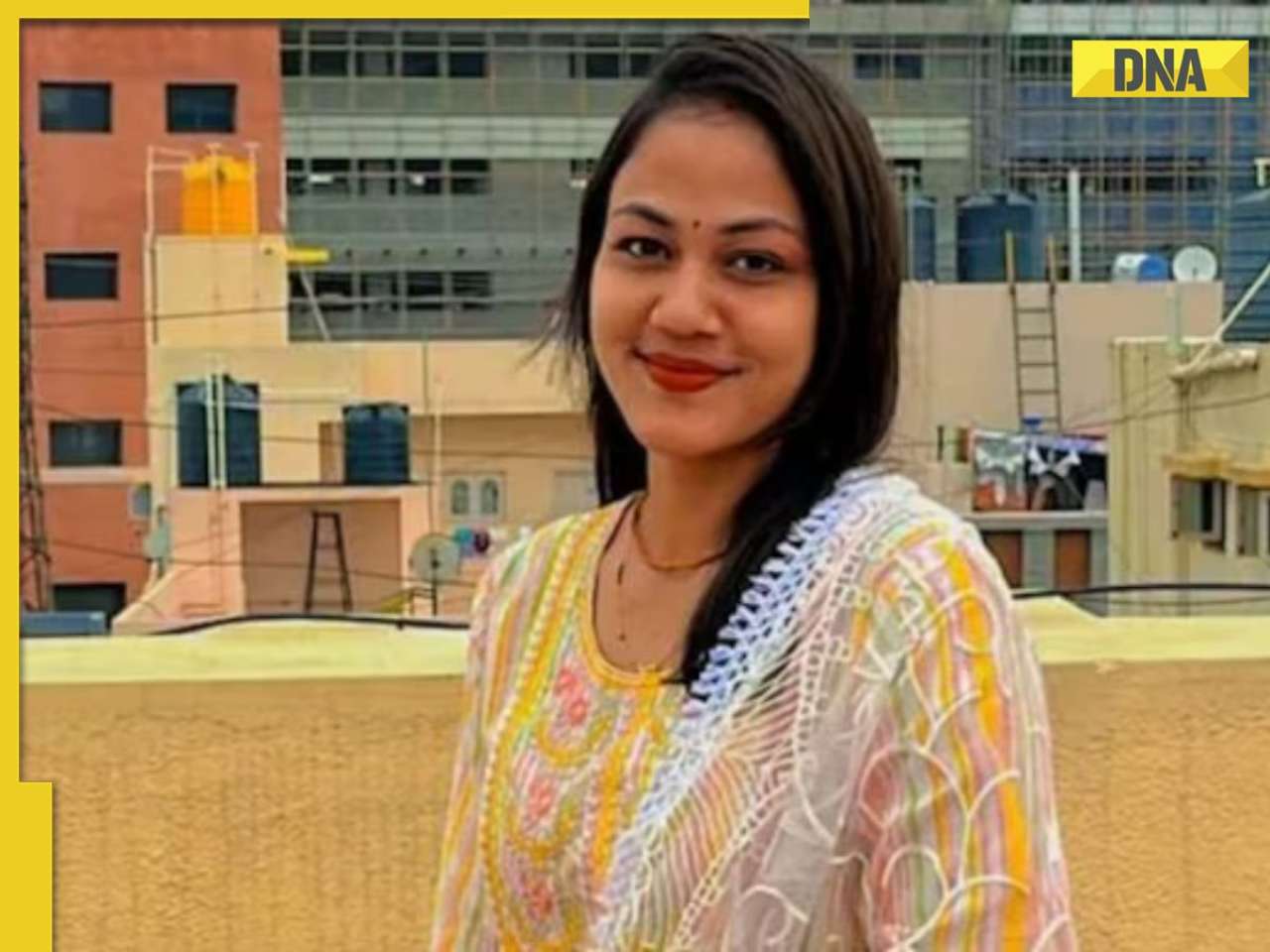
















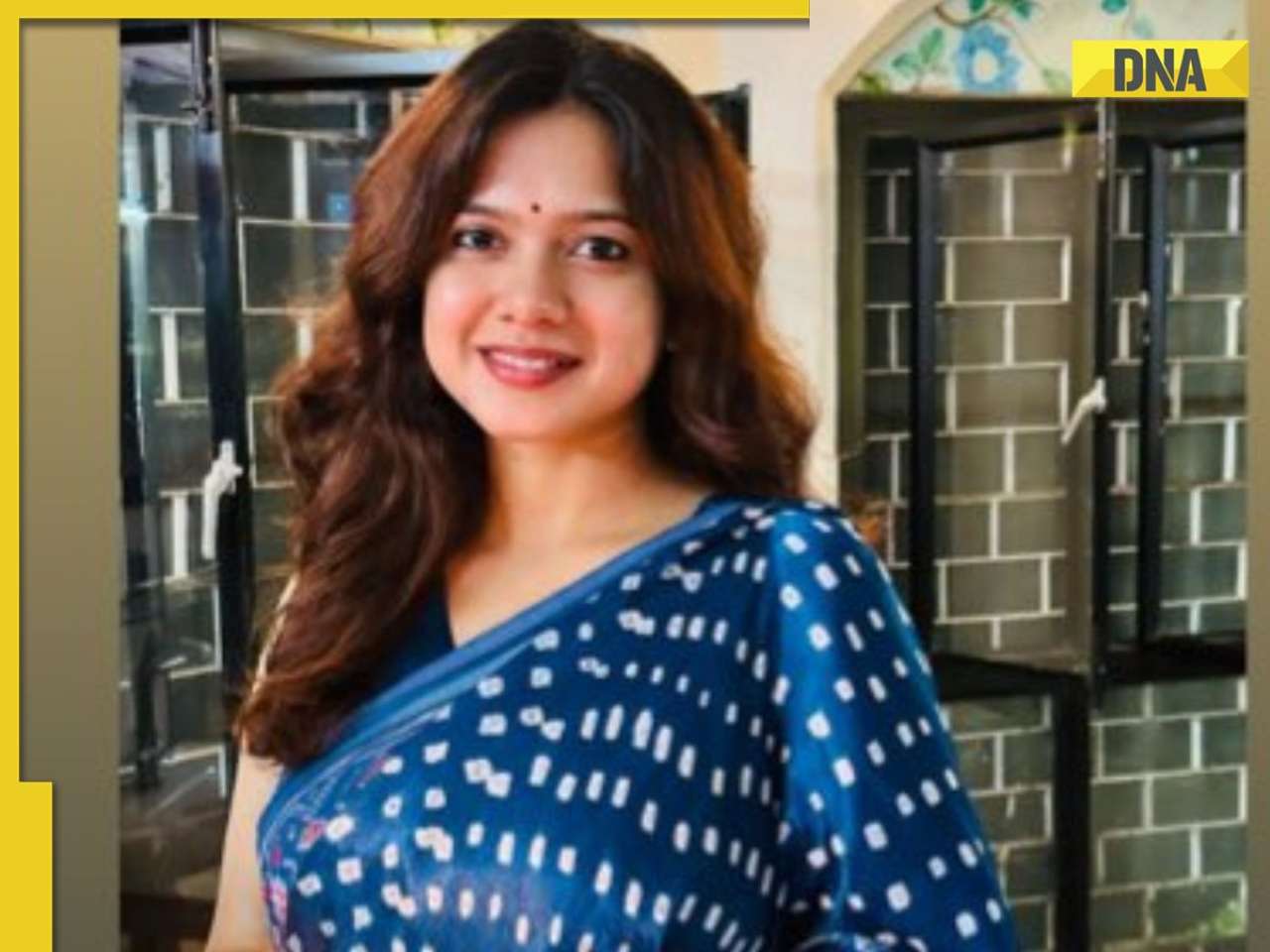

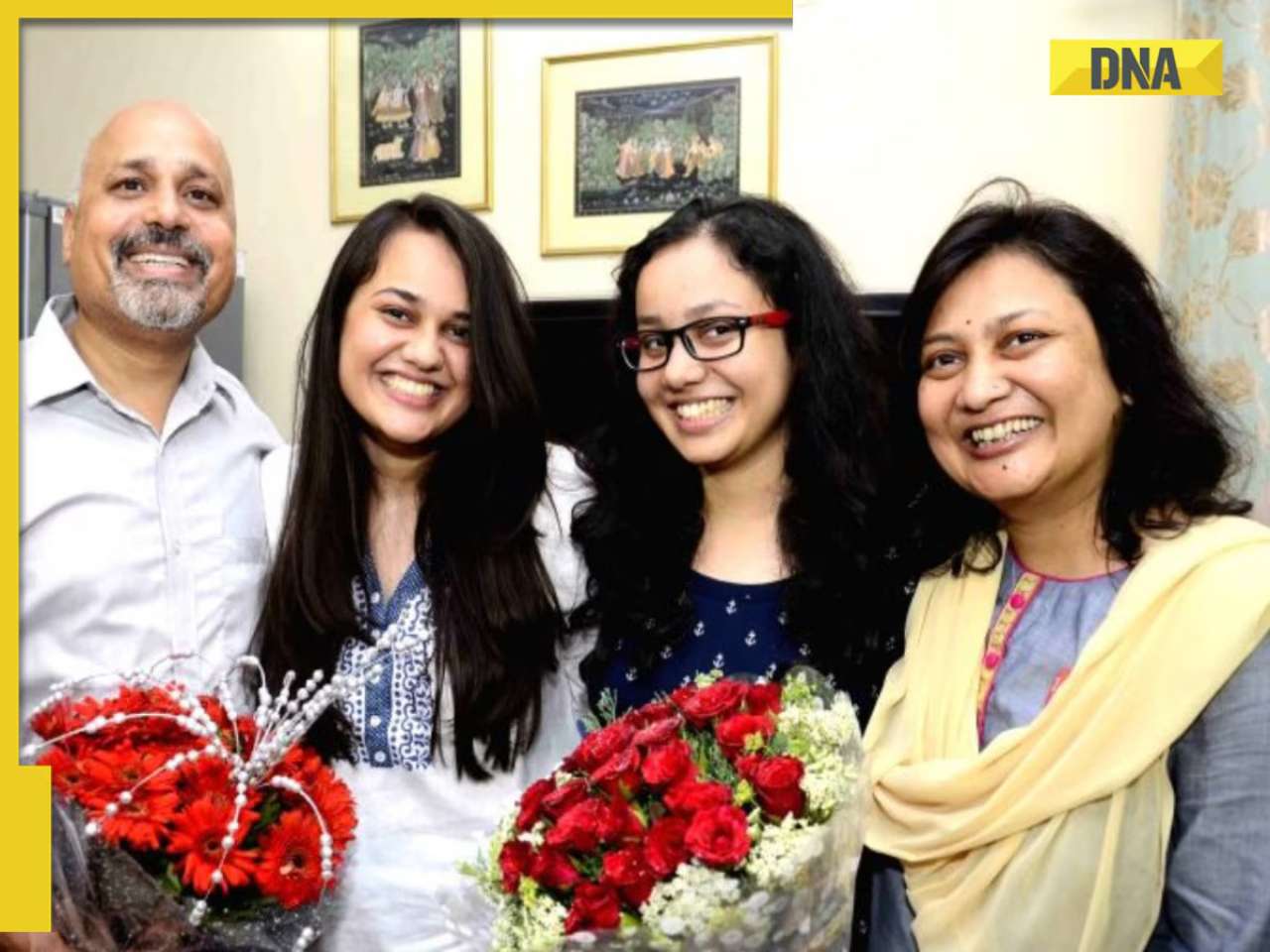


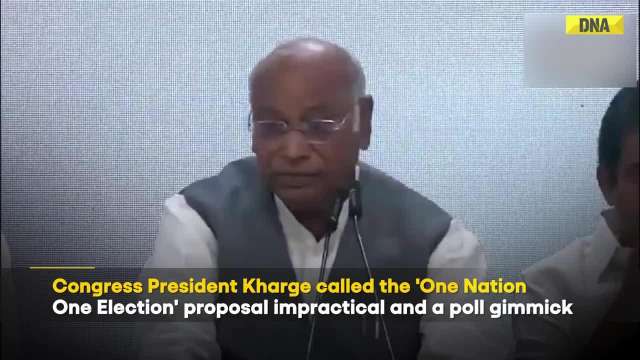
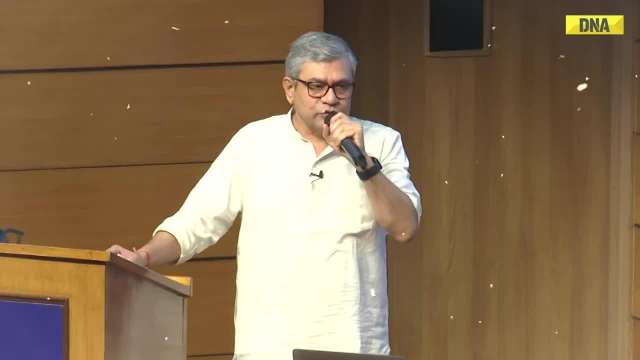
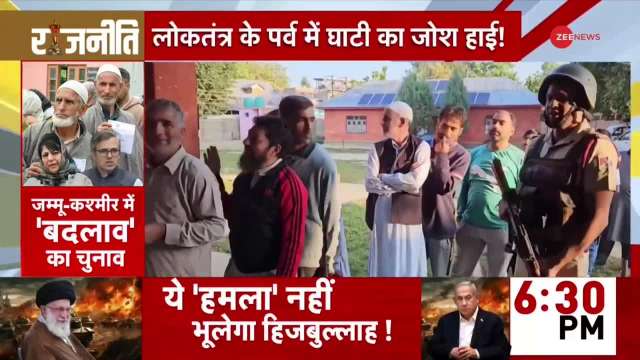
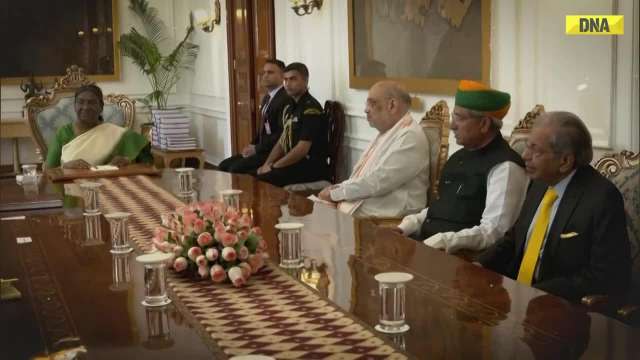

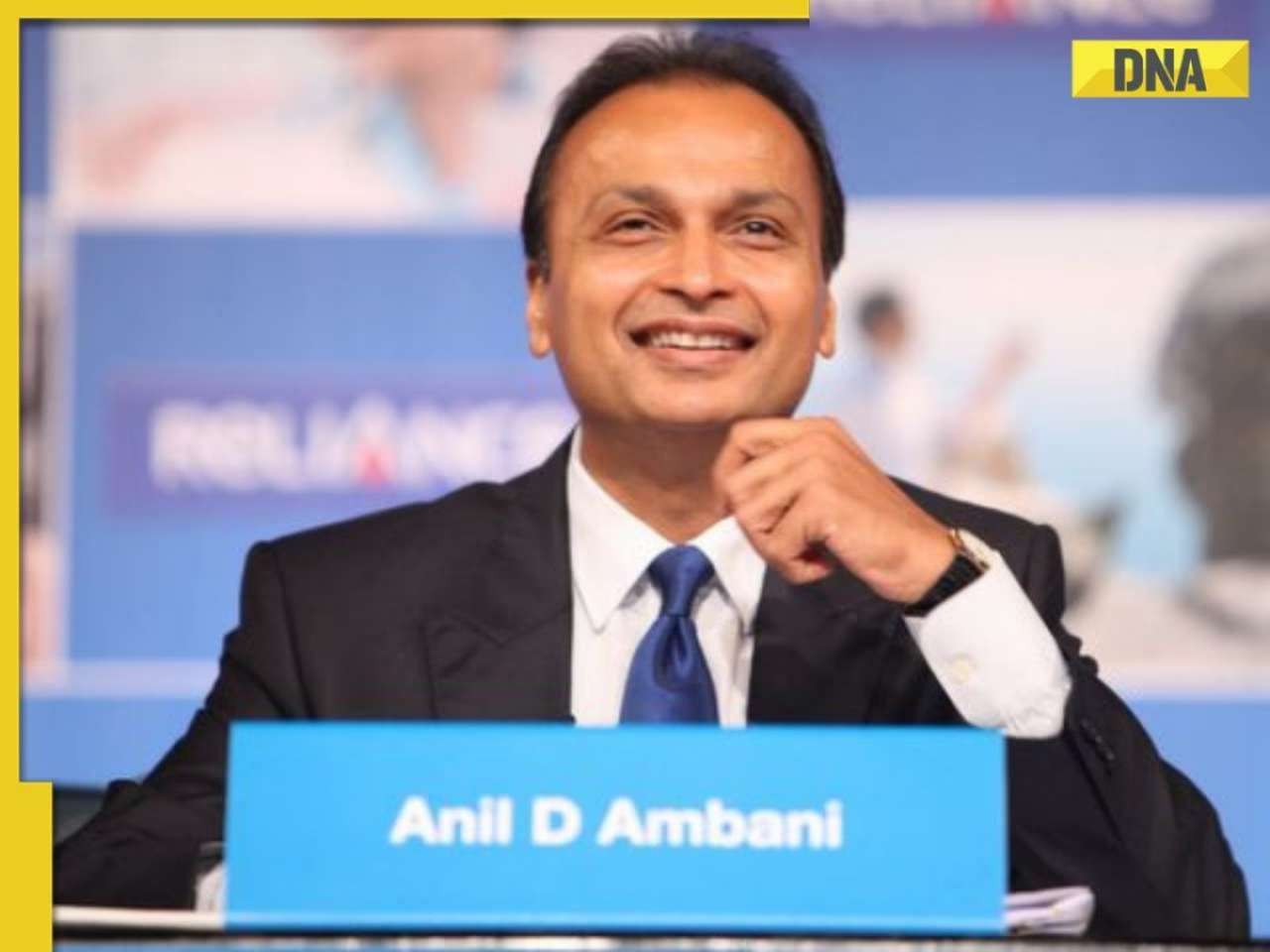
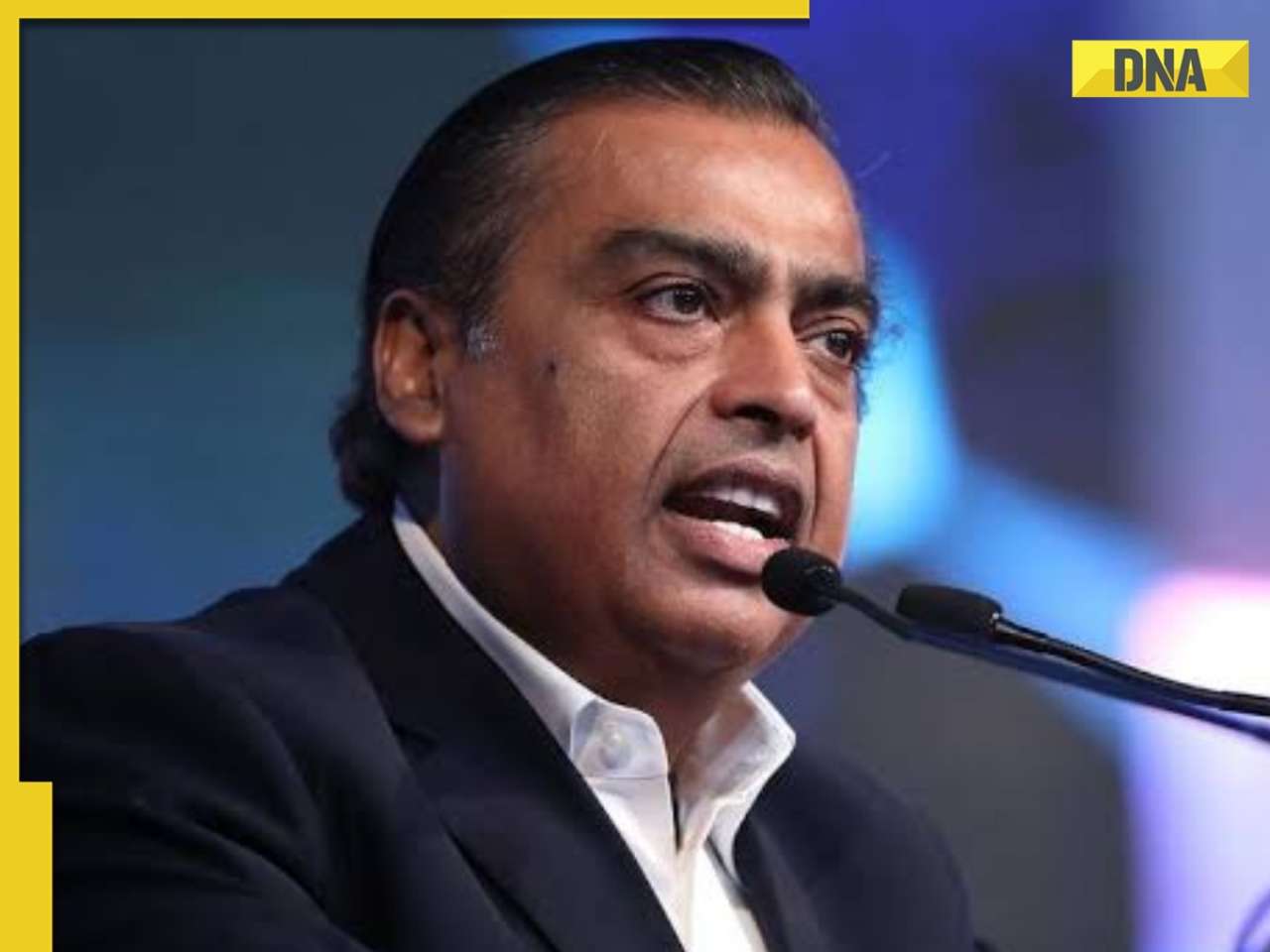


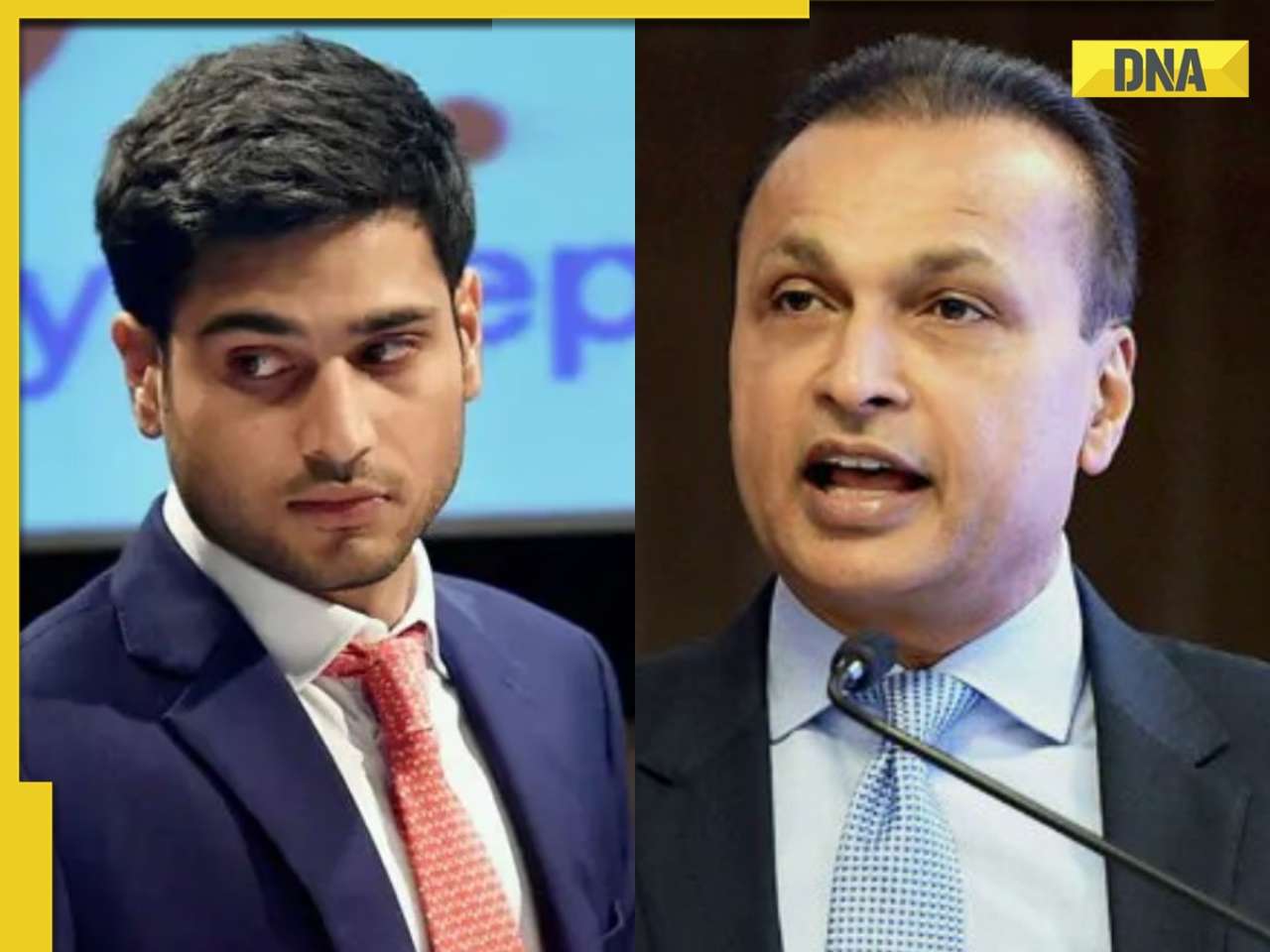






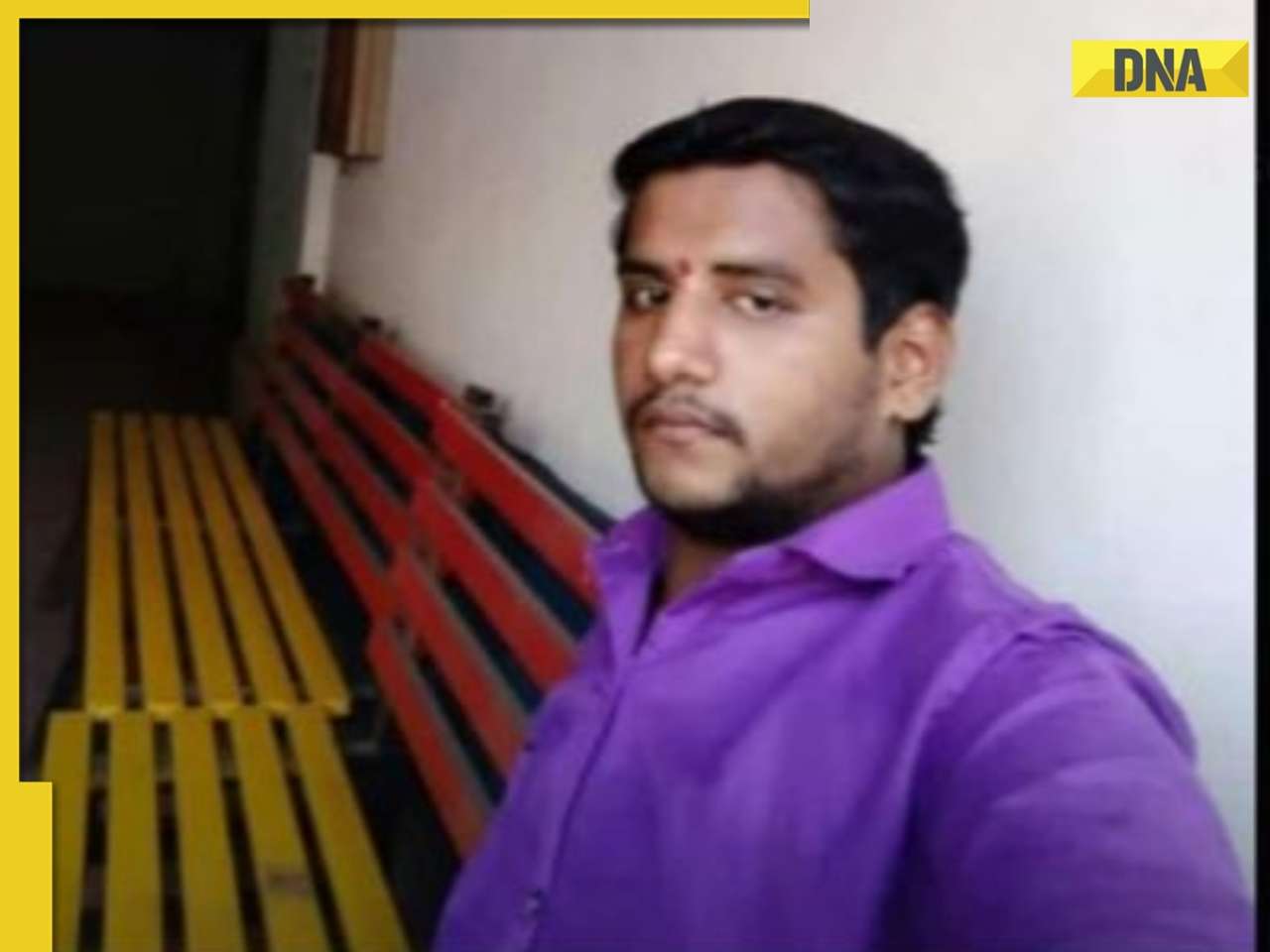



)
)
)
)
)
)
)
)
)
)
)
)
)
)





)
)
)
)
)
)